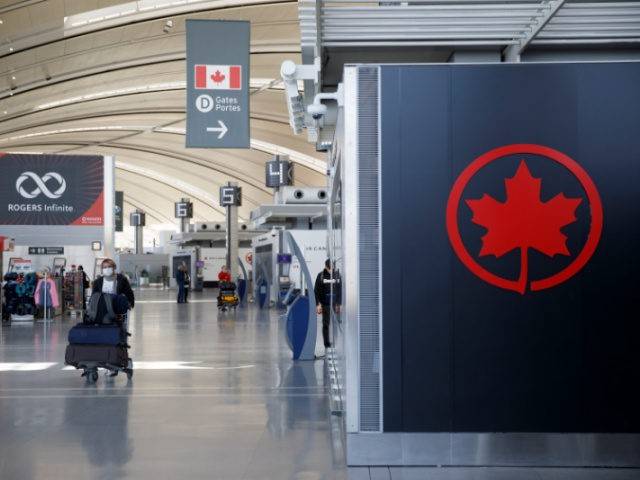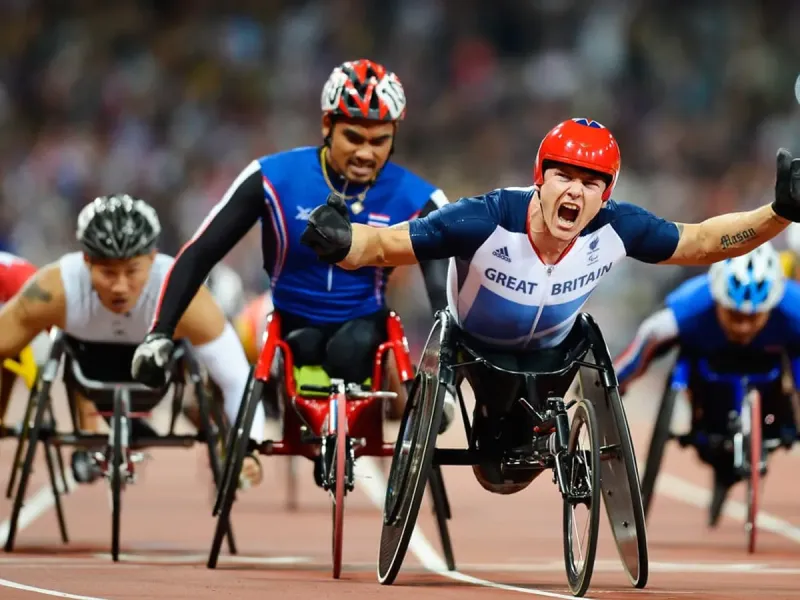We know that aircraft cabins are relatively protective environments, thanks to downward air flow, HEPA air filtration and rapid refresh of cabin air. But not all aircraft benefit from these measures while at the gate connected to ground power, and we don’t benefit from them in the security line or at the gate. Diseases can spread on planes, in any case, even if it’s less likely than in other congregant settings.
I’ve been something of a germaphobe since my youth, and this is – more or less – my nightmare:
Read Also: Users To Pay For Separate ‘Play’ and ‘Shuffle’ Buttons - Spotify
Years ago I sat next to a man with a bright red, almost glowing eye on a United flight from Washington Dulles to Los Angeles. Today I’d have excused myself, sought another seat. The plane wasn’t 100% full, but if it was I’d have gotten off while the doors were still open. In my early 20s I lacked the confidence. I wound up with a dendritic ulcer in my eye.
I’ve hated flying in flu season. Some people crumple up tissues in the middle seat next to them on Southwest Airlines, hoping nobody wants to take the seat and they get an empty middle. But someone who is actually sick? I genuinely don’t want to sit there. I was even a fan of ‘double masking’ long before SARS-CoV-2!, at least for other people (and would have worn a mask myself, but it didn’t feel socially acceptable in the U.S. the way it is in Asia prior to the pandemic).
In the Before Times the CDC actually recommended foregoing travel if you had a fever over 100 degrees and other symptoms, but a fever alone wasn’t reason to cancel a trip in their medical opinion. It wasn’t even advice from government health officials always not to fly when sick.
And about half of people said they’d fly even if they had the flu. Socially many people felt compelled to travel when sick, perhaps they’d lose out on an important meeting. I always hated this – and got very angry at people who came to work at my office sick – because they risked spreading whatever they had. Financially airlines have made it hard for people to reschedule.
Many fares no longer have change fees, but this policy doesn’t apply to the cheapest (basic economy) fares and you still pay a difference in fare.
My boss (at my day job) thinks sick days should pay more than work days, so that people take their sick days.
- Some people will take sick days for other reasons, and still work when they are sick.
- But if even some people use their sick days when they are sick that’ll reduce workplace transmission of illness.
- The idea is to get people to use their sick days, and eliminate the stigma against calling in sick. Taking sick days becomes rewarding, rather than a sign of weakness.
Employers can reduce pay for non-sick days slightly to compensate so that the total compensation package doesn’t change. The idea doesn’t have to be about paying workers more, just about changing the incentives and culture around going to work sick.
How do we convince our fellow travelers not to fly when they’re sick, to put off travel, and what changes need to be made so this is a viable option?




